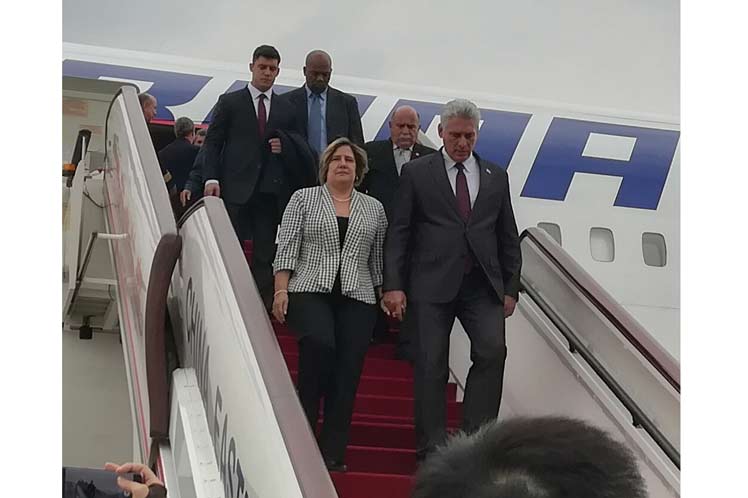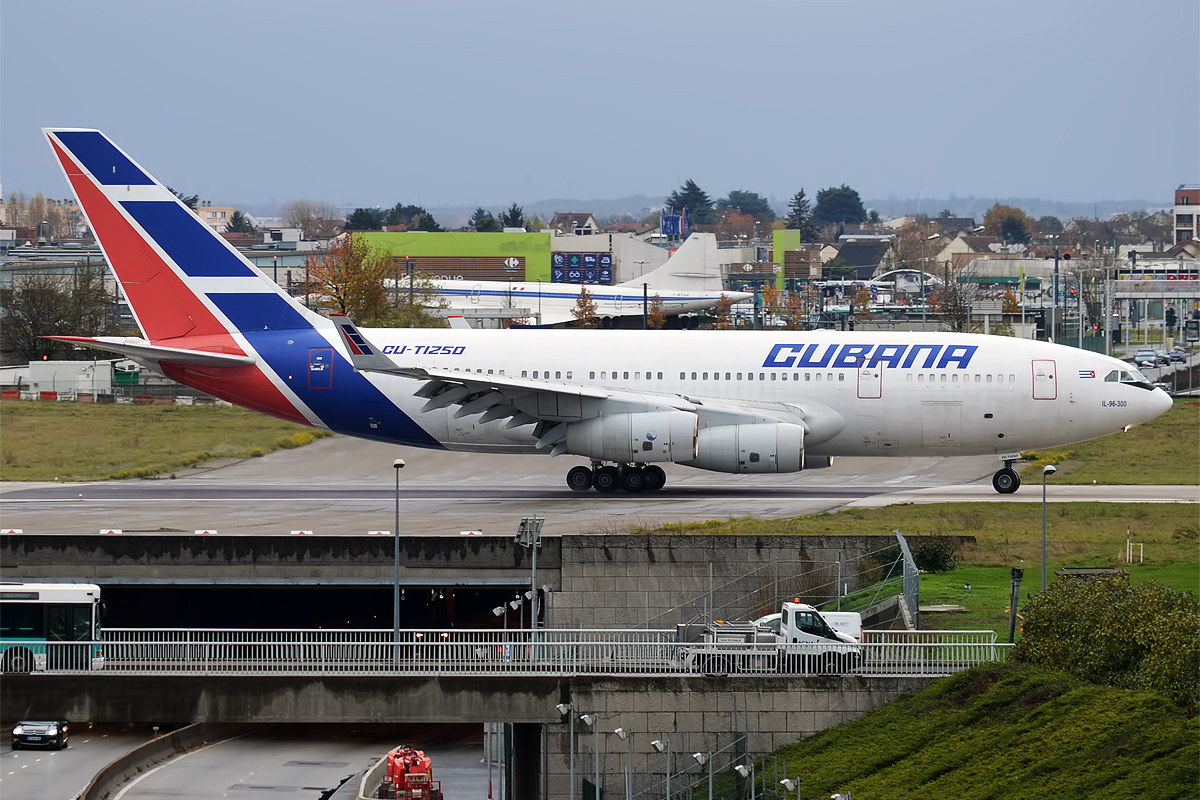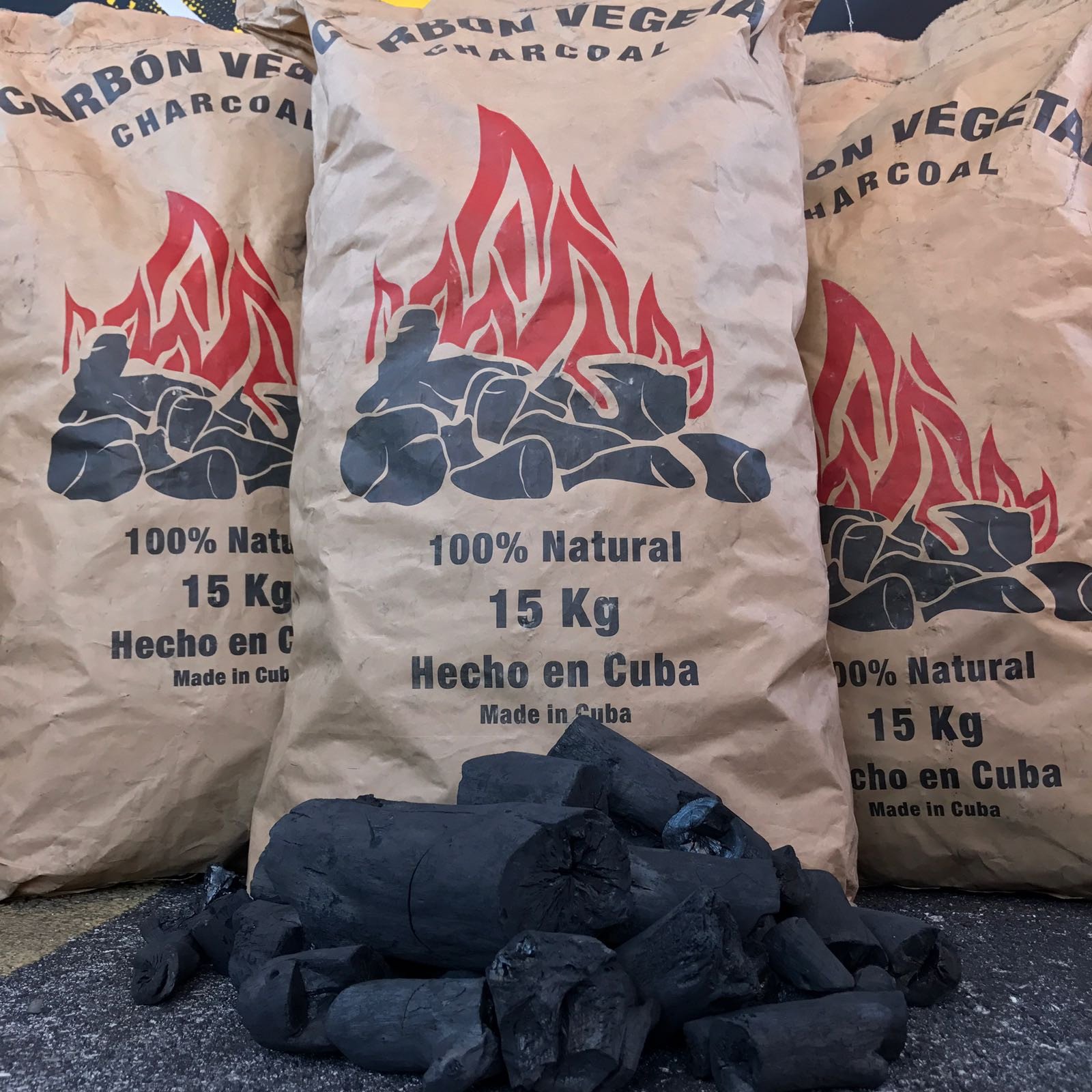Why Does This Make Sense?
Need A Blender, Fabric, Paint, Spices For Your Business? Get A Passport
5 Hours Round-Trip, US$400.00+ Airfare & Hotel
Two Days Of Flights Could Be Worth US$3 Million To Panama
For 12 Months, US$100 Million?
A Tax On The Self-Employed?
Mexico, Panama & United States Benefit Financially So Cuba May Restrain Self-Employed
Will the decision by the H.E. Juan Carlos Varela, President of Republic of Panama, to specifically (and publicly) designate a purchasing pathway for self-employed Republic of Cuba nationals convince H.E. Miguel Diaz-Canel, President of the Republic of Cuba, to establish a legitimate and sustainable wholesale marketplace for the self-employed?
Was the decision by the Varela Administration, likely designed with the cooperation of the Diaz-Canel Administration, a marketing effort to increase the number of self-employed in the Republic of Cuba, but permit the Diaz-Canel Administration not to be perceived as substantially supporting the self-employed? Permit the self-employed to travel far and spend much for the products they desire, but not provide the necessary purchasing infrastructure within the Republic of Cuba.
The Government of the Republic of Cuba reports approximately 593,000 Republic of Cuba nationals as having licenses permitting self-employment, representing approximately 13% of the workforce. The Republic of Cuba has a population of approximately 11.3 million.
The Government of Panama will issue a tourist card valid for a visit of thirty (30) days and at a cost of US$20.00 with a focus upon Republic of Cuba nationals who are self-employed. Link to Government of Panama Announcement: https://www.mire.gob.pa/index.php/es/noticias-mire/13663-gobierno-adopta-medidas-migratorias-para-promover-turismo-de-compras-y-facilitar-solicitudes-humanitarias-de-reagrupacion-familiar
Panama City, Panama-based Copa Airlines (CM) has up to seven (7) flights per day from Jose Marti International Airport (HAV) to Panama City, Tocumen International (PYT) using primarily 160-passenger Boeing 737-800 aircraft. Round-trip airfares range from approximately US$398.50. On an annual basis, currently-scheduled Copa Airlines flights from HAV to PYT can transport approximately 350,000+ passengers. Bogota, Colombia-based Avianca Airlines (AV) has one-stop flights from HAV to PYT from US$380.00 round-trip.
If 2,000, for example, self-employed Republic of Cuba nationals, representing .33% of the total registered self-employed in the Republic of Cuba, were to obtain the tourist card and travel to Panama City, Panama, the Government of Panama would earn US$20,000.00; Copa Airlines could earn US$800,000.00 (plus likely substantial excess baggage charges); hotels in Panama City could earn US$200,000.00 (if double-occupancy for two-nights); and taxis could earn US$25,000.00.
If each of those 2,000 travelers were to spend US$1,000.00 on purchases from wholesale/retail establishments in Panama City, Panama, the gross revenue from those purchases could be US$2,000,000.00. Panama also has a 7% Value Added Tax (VAT), so the government of Panama could receive US$140,000.00.
A representative of the Colon Free Trade Zone in Panama reported that approximately 3,000 Republic of Cuba nationals received visas in the first sixty (60) days of the inauguration of the tourist card program.
A 1,990 mile, five-hour round-trip from Havana to Panama with a total visit cost likely exceeding US$500.00 is a tax upon the self-employed, a voluntarily-accepted tax, but an unnecessary expense for the self-employed to absorb in the pursuit of providing a product and/or a service.
Current laws and regulations and policies adopted by the government of the Republic of Cuba suggest a preference to enrich other countries rather than authorize a critical component required to develop and sustain a private sector- the availability of an import/export wholesale marketplace from which self-employed may purchase products, add a value mark-up, and then price for retail whether through a kiosk, store, gift shop, café, restaurant, beauty salon, rental residence or among the other 123 authorized self-employed categories.
Absence of an import/export wholesale marketplace, the self-employed price their products (and services using the products) above what their customers may pay for the products at a Republic of Cuba government-operated retail entity.
A successful private sector represents a pathway to inequality amongst a population. The self-employed, the small business, the private sector consist of owners and those who work for the owners. Some earn more than others. Some want to earn more than others. The government of the Republic of Cuba has struggled with defining success and to what level an individual may be successful.
Many self-employed Republic of Cuba nationals also travel to Mexico (Cancun (CUN) and Mexico City (MEX)) to purchase products using regularly-scheduled flights operating multiple times per day priced from approximately US$120.00 to US$250.00 round-trip with round-trip flight times of three hours (CUN) to seven hours (MEX). Mexico has a Sales Tax (ST) of 16%.
For comparison, round-trip flights from HAV to Miami International Airport (MIA) or Fort Lauderdale-Hollywood International Airport (FLL) have a duration of approximately one (1) hour and are generally priced from US$150.00. Because of the frequency of flights (using various aircraft types), not unreasonable for a passenger to arrive to MIA/FLL in the morning, visit retail/wholesale establishments, and return to HAV in the evening. The State of Florida has ST ranging from 6% to 8%.
If the government of the Republic of Cuba were to establish a membership-based wholesale warehouse operation, and charge US$500.00 per membership, and if 2,000 Republic of Cuba nationals were to join, representing .33% of reported self-employed in the Republic of Cuba, revenue of US$1,000,000.00 would fund the construction of the warehouse and provide a provisional inventory and provide employment opportunities for Republic of Cuba nationals.
If 5% of the licensed self-employed traveled once from HAV to PYT or MIA or FLL or CUN or MEX and spent U$1,000.00, the purchases would be valued at US$29,650,000.00, plus VAT and ST.
A representative of the Colon Free Trade Zone in Panama reported that individuals from the Republic of Cuba spent approximately US$308 million in 2017; and revenues are expected to increase approximately 8% in 2018.
Uncertain is how General Customs of the Republic of Cuba (http://www.aduana.gob.cu/index.php/valor-en-aduanas-3) will manage any collection of duty on imported product from Panama.
Since 2015, Tampa, Florida-based Florida Produce of Hillsborough County has sought approval from the government of the Republic of Cuba to manage a wholesale marketplace in the city of Havana for the benefit of self-employed Republic of Cuba nationals.
Link to article: https://www.tampabay.com/news/business/Tampa-company-won-t-give-up-on-its-dream-to-build-a-warehouse-in-Cuba_171447164
LINK To Complete Analysis































